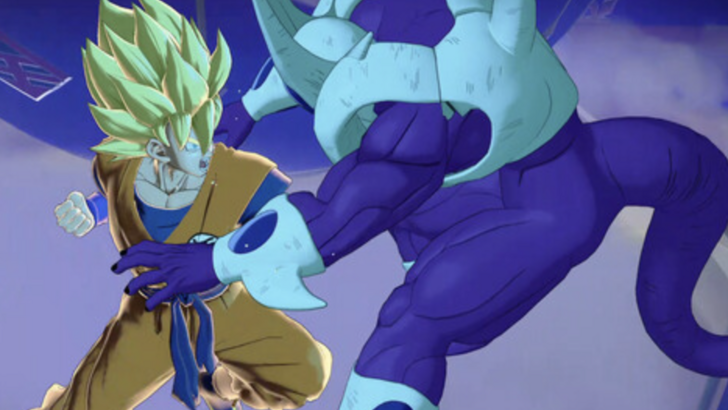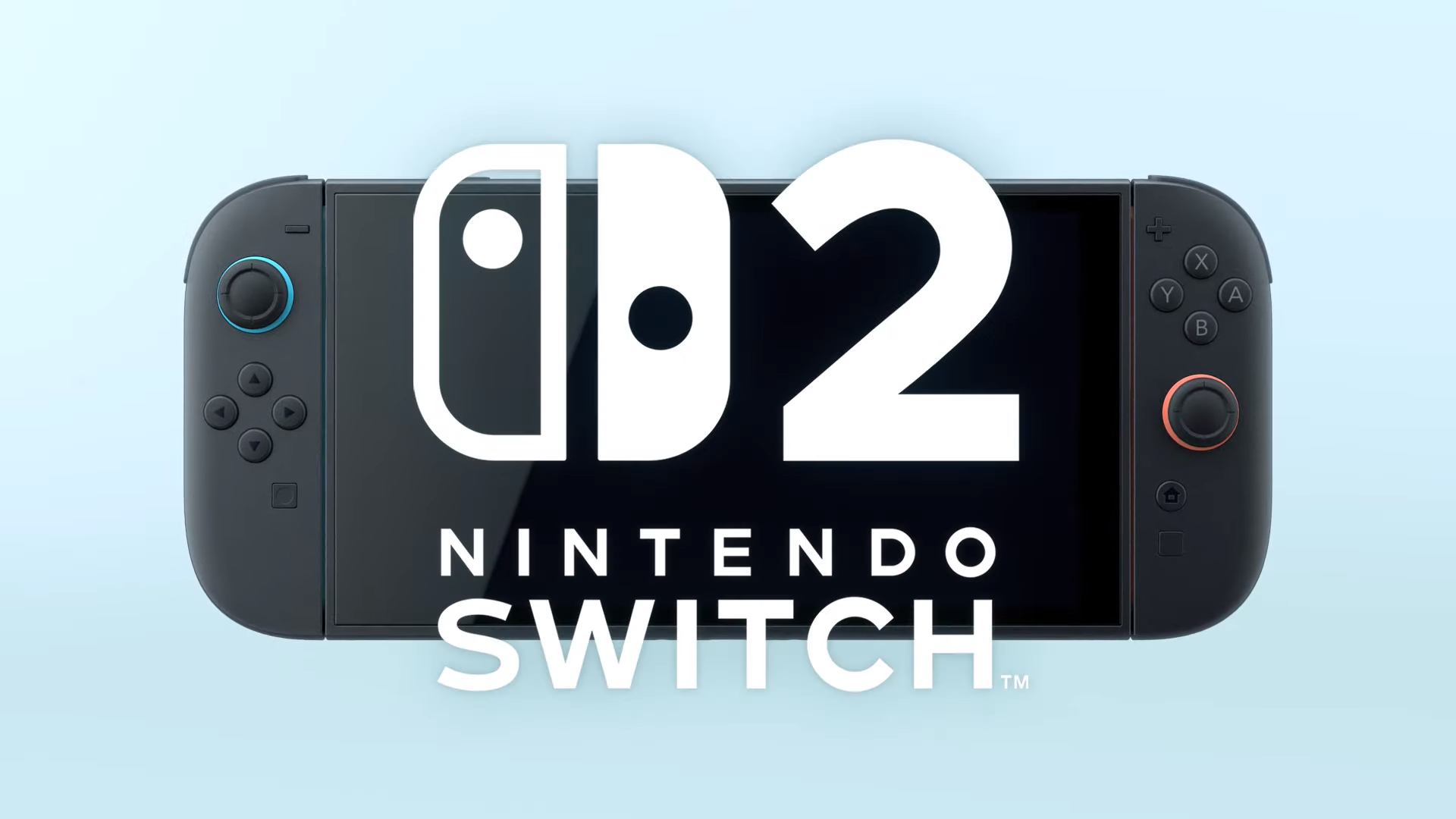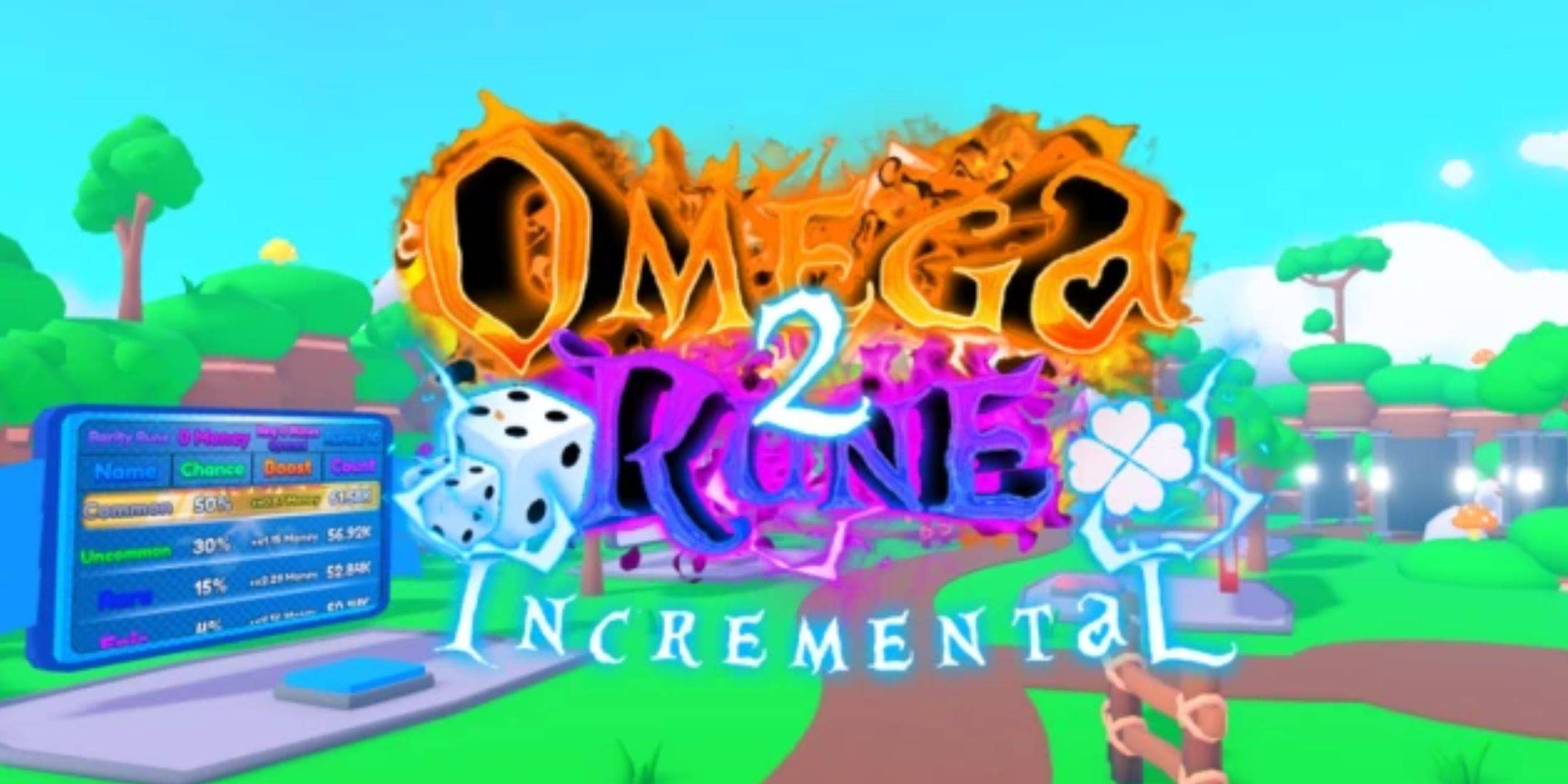"God of War's Success Hinges on Reinvention"
- By Riley
- Apr 12,2025
The *God of War* series has been a cornerstone across four generations of PlayStation consoles, evolving significantly since Kratos’ vengeful journey began in 2005. Few could have predicted the trajectory of this angry deity's path over two decades. While other long-standing franchises have struggled to maintain relevance, *God of War* has thrived through its readiness to evolve. The most pivotal transformation came with the 2018 reboot, which shifted Kratos from the realm of Ancient Greece to the rich tapestry of Norse mythology. This change not only altered the series' presentation and gameplay but also set a new standard for storytelling in video games. Prior to this, Sony Santa Monica had already introduced several smaller, yet significant, changes to keep the series fresh and engaging.
For *God of War* to continue its success, reinvention remains crucial. When transitioning to the Norse setting, director Cory Barlog expressed interest in exploring settings like the Egyptian and Mayan eras. Recent rumors have reignited discussions about an Egyptian setting, fueled by the allure of its unique culture and mythology. However, a new setting alone isn't enough. The next *God of War* must reinvent itself as effectively as it did when transitioning from the Greek trilogy to the Norse saga, retaining the elements that made the series beloved while introducing fresh innovations.
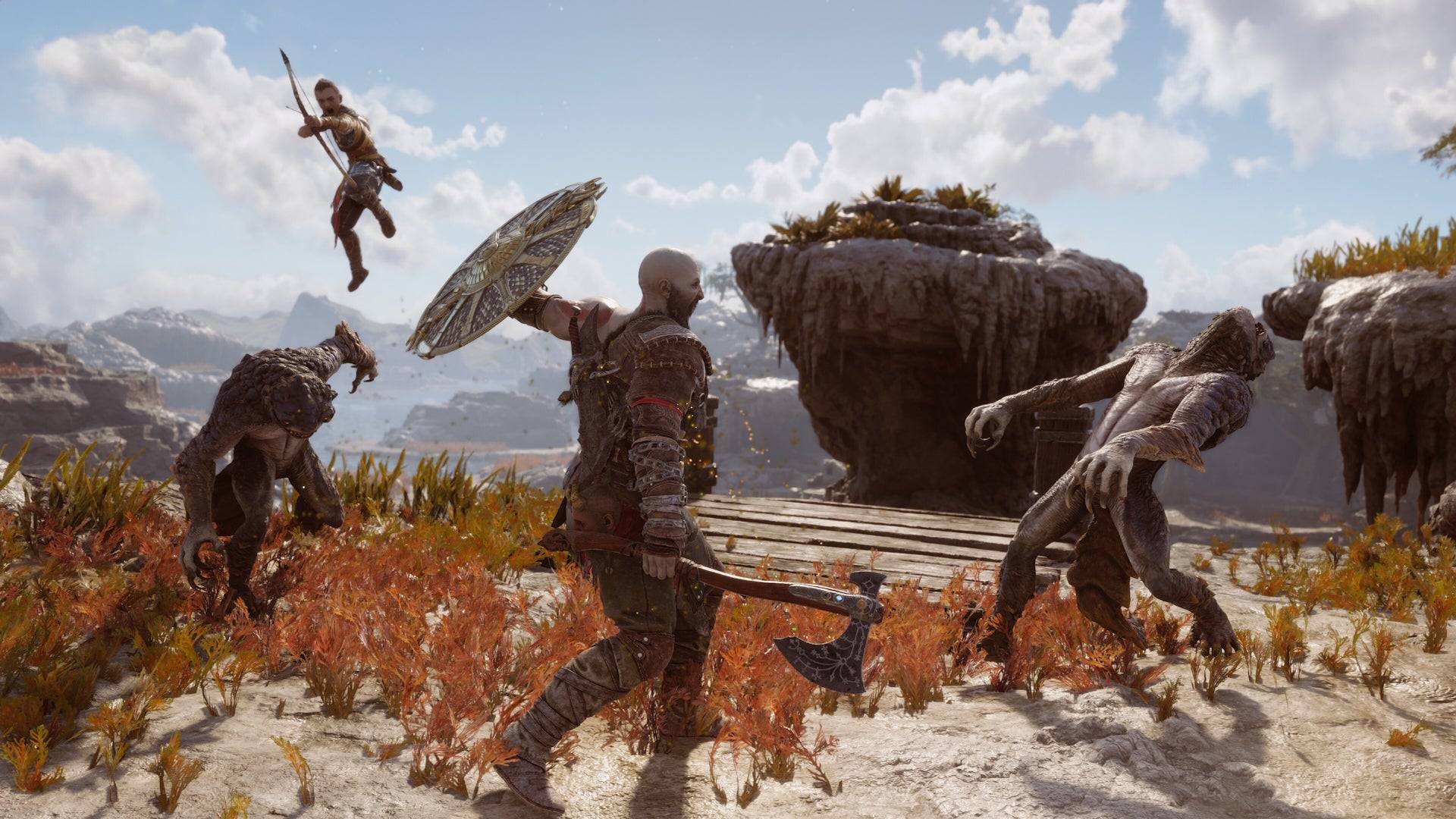
The series has consistently embraced change with each installment. The original Greek games evolved over a decade, refining their hack and slash mechanics and reaching a peak with *God of War 3*. This final chapter, designed for the PlayStation 3, introduced a revamped magic system that complemented the melee combat and offered a broader range of enemies. The shift to the PS3 also allowed for enhanced visuals and new camera angles, showcasing the game's graphical prowess in 2010.
The 2018 reboot saw significant departures from the original trilogy's formula. While the Greek games featured robust platforming and puzzle elements, these were largely absent in the Norse games due to the new over-the-shoulder camera perspective. Puzzles remained but were adapted to fit the adventure-focused design of the new games.
In *Valhalla*, the roguelike DLC for *God of War Ragnarök*, the series revisited its Greek roots. The return of battle arenas, a staple of the original series, was adapted to the Norse setting, while the story saw Kratos confronting his past, symbolizing a full-circle moment for his character. This blend of old and new mechanics highlighted the series' ability to evolve while honoring its origins.
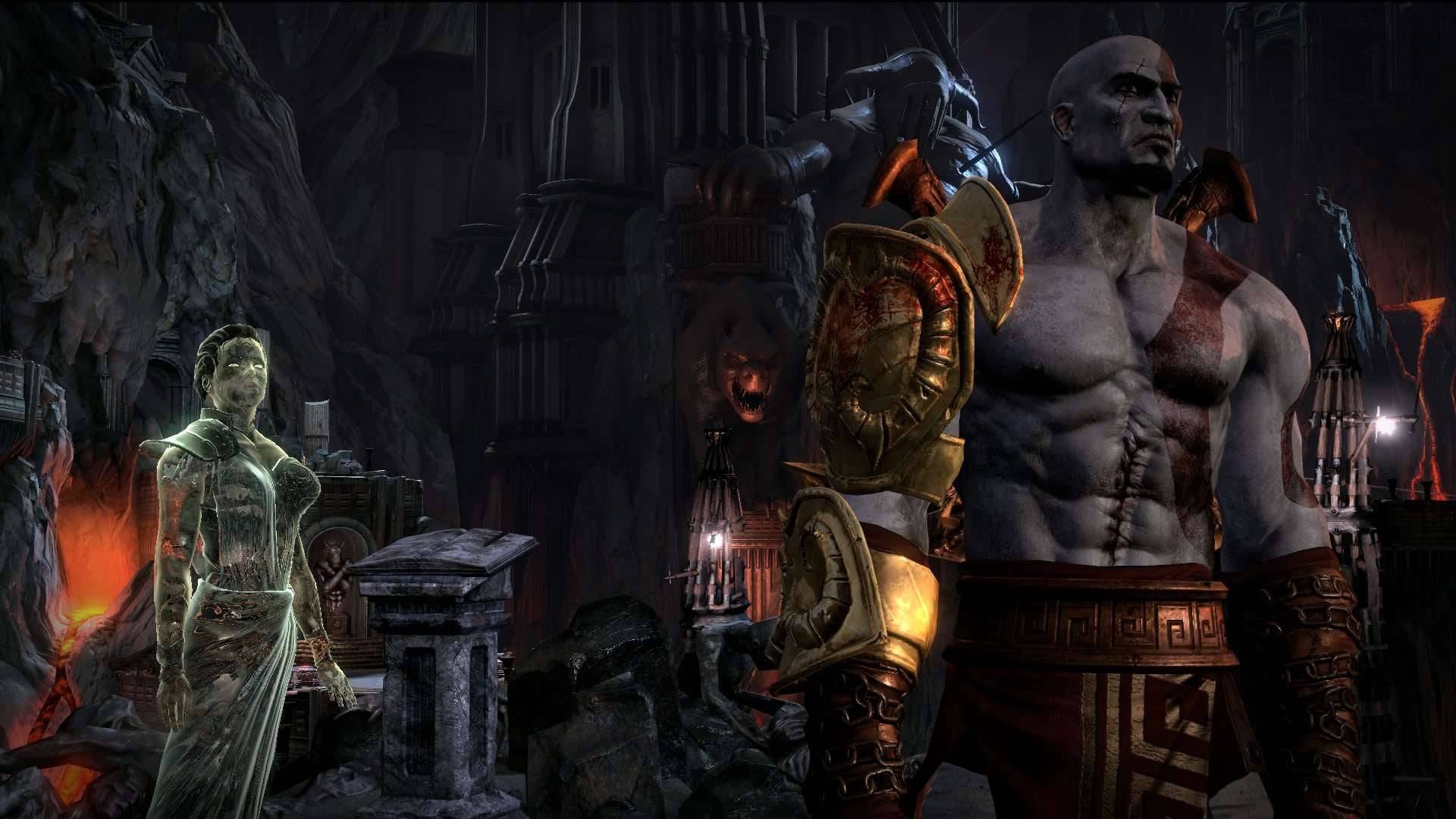
The Norse era of *God of War* introduced more than just reinterpretations; it brought a host of new features, including the Leviathan Axe's unique throwing mechanics, a combat-defining parry system, and a magical spear in *Ragnarök* that facilitated a faster, explosive attack style. These innovations were essential for navigating the Nine Realms, each with distinct enemies, visuals, and characteristics.
The most striking evolution, however, was in storytelling. The Norse games delved deeply into Kratos' emotional journey, exploring his grief over his late wife and his complex relationship with his son, Atreus. This focus on emotional depth marked a significant departure from the more straightforward narrative of the Greek trilogy and was pivotal to the Norse era's success.
The shift in both mechanical design and storytelling reflects a unique approach to franchise development. The creators view the Norse games not as sequels but as extensions of Kratos' journey, a perspective that should guide future installments.
Contrastingly, *Assassin's Creed* has faced challenges with its reinventions. Despite frequent changes in setting and gameplay, the series has struggled to maintain fan loyalty. The shift to an open-world RPG format with *Origins* in 2017 diluted the series' connection to its assassin roots, leading to mixed reactions from fans. The series attempted to course-correct with *Assassin's Creed Mirage* in 2023, returning to its Middle Eastern roots and a more focused narrative, which was well-received. *Assassin's Creed Shadows* continues this trend, emphasizing stealth gameplay that harks back to the series' origins.
The varied success of *Assassin's Creed* underscores the importance of maintaining a series' core identity during reinvention. *God of War* has adeptly managed this, never straying from what made Kratos compelling or the series' foundational combat mechanics. Each new game built upon these elements, introducing Spartan Rage options, new weapons, and diverse combat scenarios, all while deepening the lore and maintaining a cohesive identity.
Looking forward, whether the rumors of an Egyptian setting hold true or not, the next *God of War* must continue to evolve while preserving the elements that have driven its success. While the 2018 reboot focused on combat, future games will likely be judged by their storytelling, the true strength of the Norse duology. The evolution of Kratos from a rage-driven warrior to a nuanced father and leader has been central to the series' recent acclaim. The next chapter must build on this narrative strength while pushing boundaries with bold new changes, aiming to set a new standard for the franchise.
Latest News
more >-
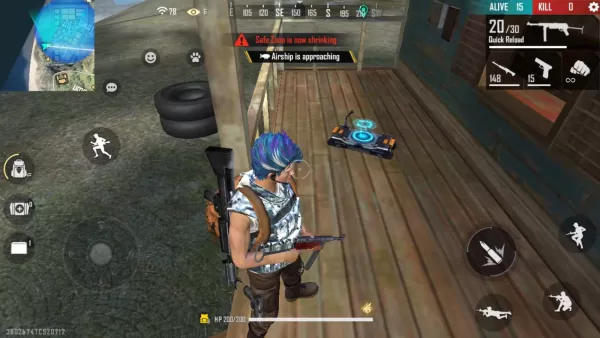
-
-
- James Gunn Hints at Future WB Games Projects
- Feb 21,2026
-
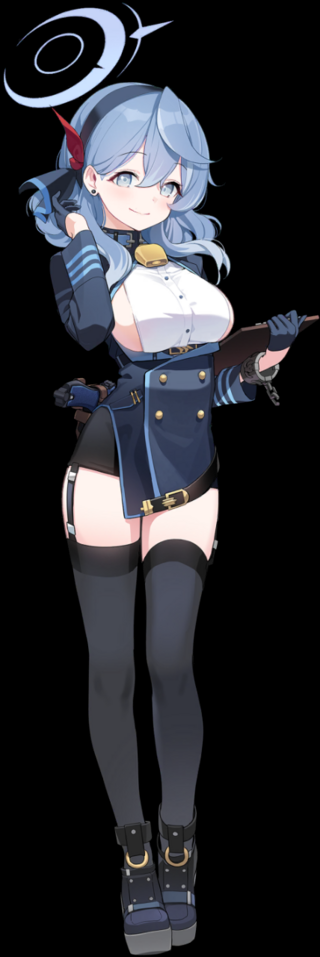
- Mastering Ako in Blue Archive: Build Guide
- Feb 20,2026
-

